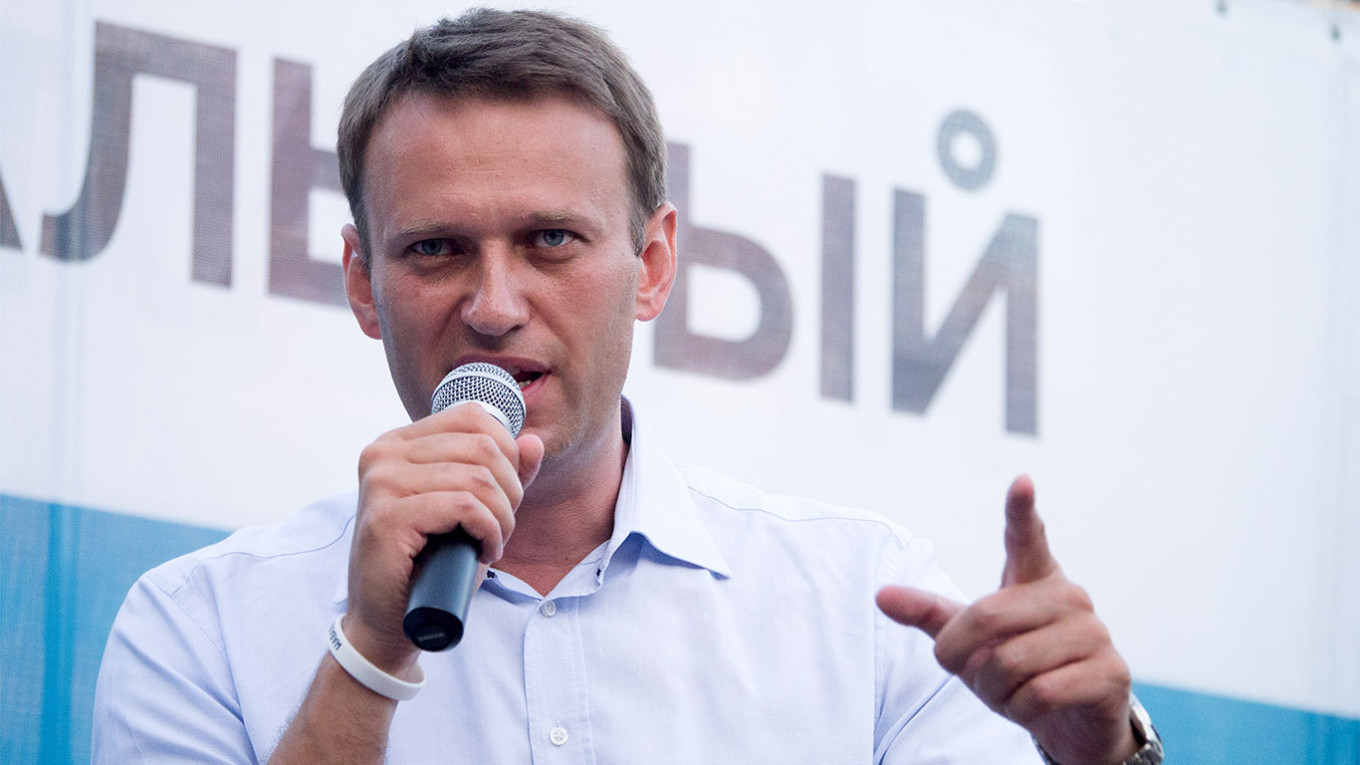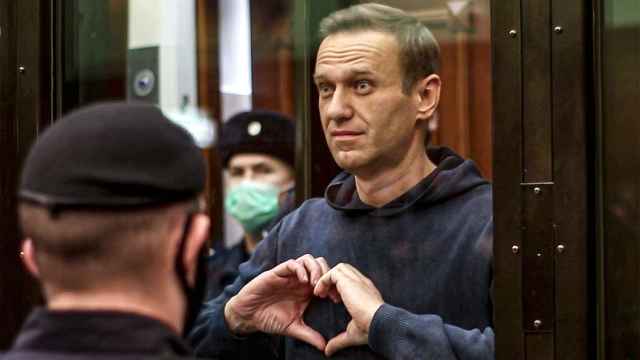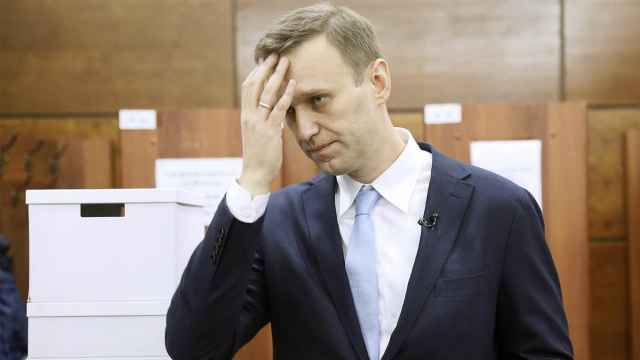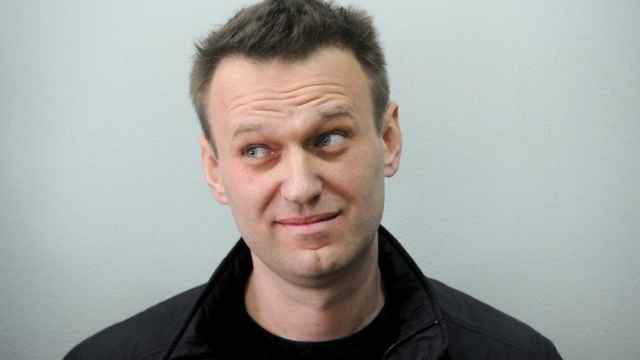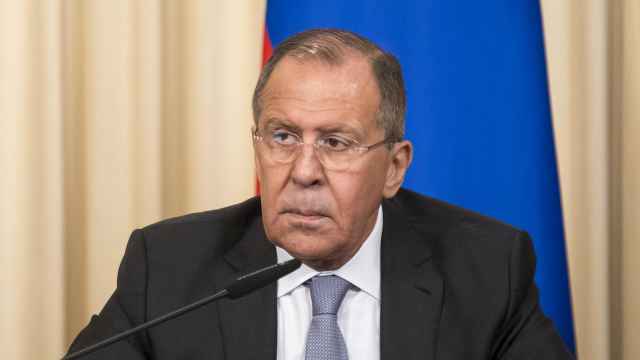U.S. intelligence agencies believe that while the Russian president was ultimately responsible for the death of opposition leader Alexei Navalny, he didn't order it to take place when it did, the Wall Street Journal reported Saturday.
The finding, which the Journal said was based on both classified intelligence and an analysis of public facts, raises new questions about Navalny's death in a remote Arctic prison camp, which led to a new round of sanctions against President Vladimir Putin's Russia.
Among those facts was the timing of the opposition leader's death in mid-February, which overshadowed Putin's reelection a month later.
While the new finding does not question Putin's responsibility for Navalny's death, the CIA and other US intelligence agencies believe he probably didn't order it "at that moment," the Journal said, quoting people familiar with the matter.
It said that some European officials, briefed on the U.S. finding, were skeptical that the 47-year-old dissident could have been targeted without Putin's prior knowledge, given the tight controls in today's Russia.
President Joe Biden and several other world leaders have publicly expressed little doubt about the matter. "Make no mistake. Putin is responsible for Navalny's death," Biden said after the stunning news of the death emerged.
The Russian prison service said that Navalny collapsed on February 16 after a walk at the isolated camp. It said attempts to revive him failed.
Navalny seemed relatively healthy and in good spirits when seen in a video just a day earlier.
A week before that, he reportedly had been the subject of high-level talks over a potential prisoner swap that could have freed him.
Navalny had been serving a 19-year prison sentence on charges he and his backers insist were fabricated.
He had earlier survived a poisoning that U.S. and other investigators blamed on the Kremlin. Russian officials have denied culpability in the poisoning or in his death.
A number of prominent Kremlin opponents have died, been jailed, and or forced into exile in recent years.
The National Security Council declined to comment on the report when approached by AFP.
A Message from The Moscow Times:
Dear readers,
We are facing unprecedented challenges. Russia's Prosecutor General's Office has designated The Moscow Times as an "undesirable" organization, criminalizing our work and putting our staff at risk of prosecution. This follows our earlier unjust labeling as a "foreign agent."
These actions are direct attempts to silence independent journalism in Russia. The authorities claim our work "discredits the decisions of the Russian leadership." We see things differently: we strive to provide accurate, unbiased reporting on Russia.
We, the journalists of The Moscow Times, refuse to be silenced. But to continue our work, we need your help.
Your support, no matter how small, makes a world of difference. If you can, please support us monthly starting from just $2. It's quick to set up, and every contribution makes a significant impact.
By supporting The Moscow Times, you're defending open, independent journalism in the face of repression. Thank you for standing with us.
Remind me later.


